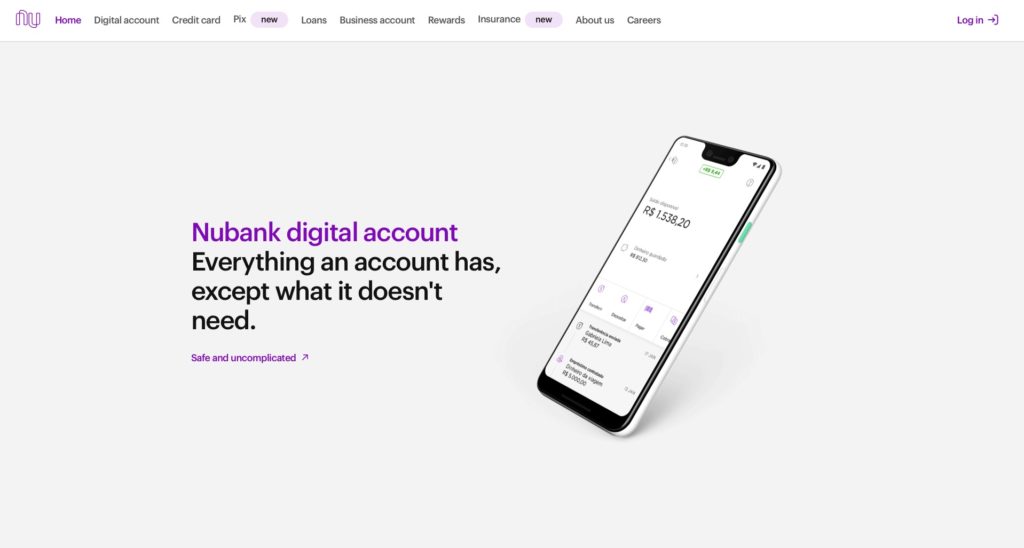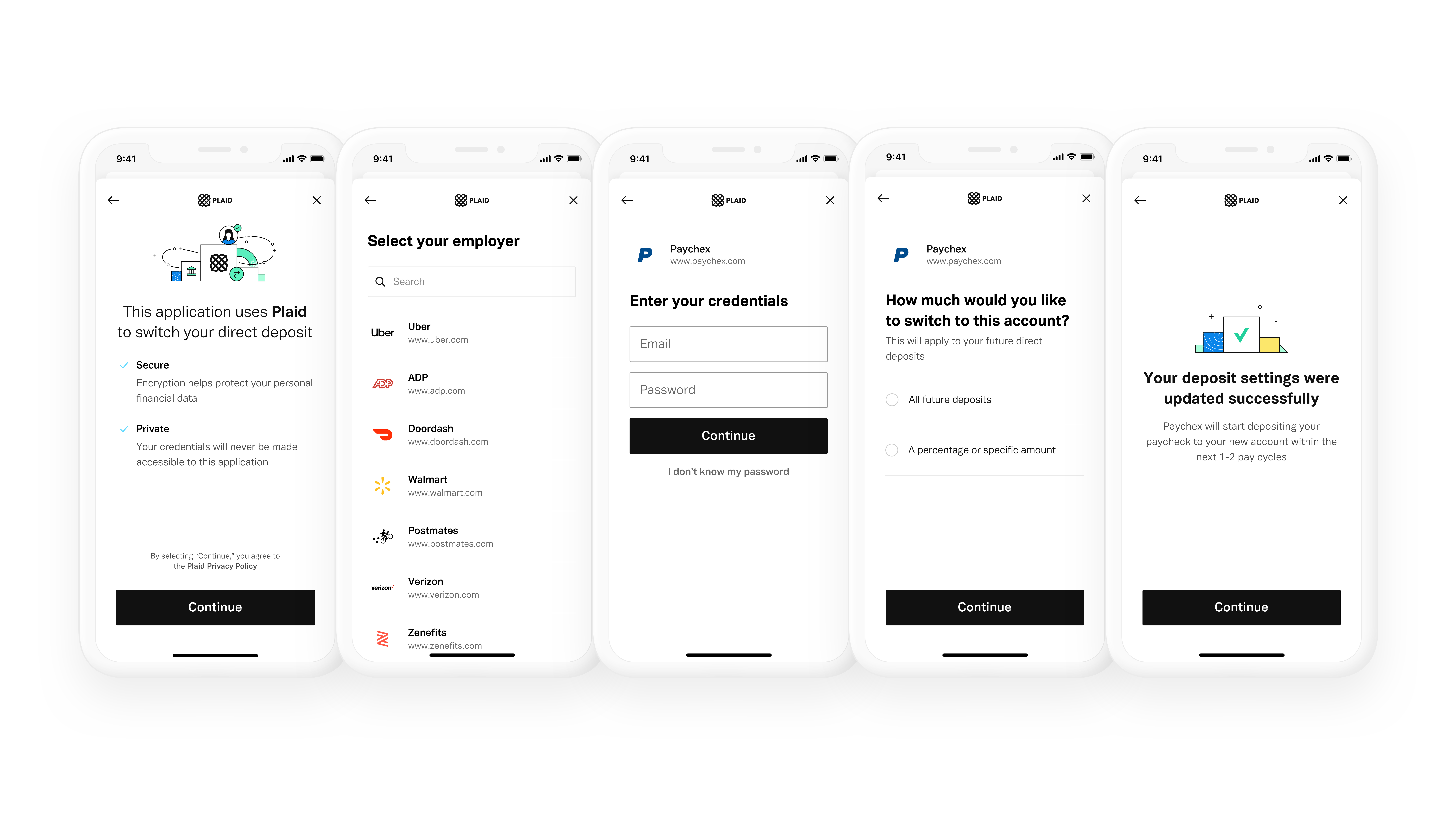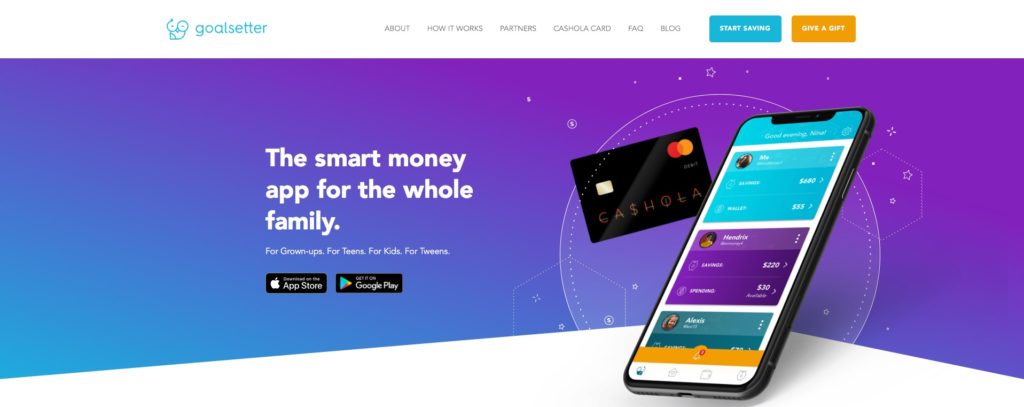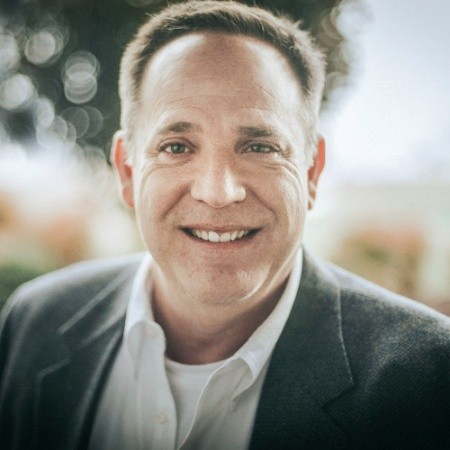
It looks like the Merry Men of Ribbit Capital have come to the rescue of the social trading app named after the mythological bowman who robbed from the rich to give to the poor.
Between the final trading days of January and the first trading day of February, Robinhood has raised a whopping $3.4 billion in convertible debt financing. The financing was provided to help the brokerage firm manage the tidal wave of activity that the platform experienced during last week’s trading moshpit in shares of heavily-shorted GameStop.
And with the additional participation from Little Johns and Friar Tucks like Iconiq Capital, Adreessen Horowitz, Sequoia, Index Ventures, and NEA, it looks like the social trading app for Millennials has more than picked up the requisite funding to continue its mission of serving its increasingly active trading and investing clientele. Note that Robinhood CEO Vlad Tenev said the company’s clearing house initially had requested $3 billion in margin deposits last Thursday, before lowering the requirement by more than 75% to $700 million.
“This funding is a strong sign of confidence from investors and will help us build for the future and continue to serve people through the exponential growth we’ve seen this year,” Robinhood’s blog read on Monday morning.
With more than 13 million users – and an alleged 600,000 new accounts added on Friday alone – Menlo Park, California-based Robinhood has become the face of retail trading in recent months. The company raised more than $1 billion in funding last year as a stimulus-fueled stock market – and an absence of opportunities for other financial-risk taking such as sports betting – helped drive short-term traders into the gamified, regular Joe-enabling, environment of Robinhood. The online trading and investing platform offers the ability to buy and sell stocks, exchange-traded funds (ETFs), options, gold, and cryptocurrencies including Bitcoin, Ethereum, and Dogecoin – all commission-free.
“We’re witnessing a movement of everyday people taking control of their own financial future, many investing for the first time through Robinhood,” the blog post continued. “With this funding, we’ll build and enhance our products that give more people access to the financial system.”
As the frenzy in trading over Gamestop shares grew, Robinhood came under pressure for its decision to restrict trading in the shares, as well as in a number of other stocks that had experienced similar spikes in activity. Although Robinhood’s actions were clearly permissible given its Term of Agreement, the episode further fueled the Us (retail trader) vs Them (Wall Street hedge fund) narrative that, ironically, Robinhood was founded to champion on behalf of the “Us.”
Ribbit Capital Managing Partner Micky Malka spoke to this irony in his comment about the funding. “Robinhood has served millions of people who have felt left behind by America’s financial system,” Malka said. “We’re confident that Robinhood will emerge stronger through this phase of growth and unprecedented demand.”
Photo by Mikhail Nilov from Pexels



























